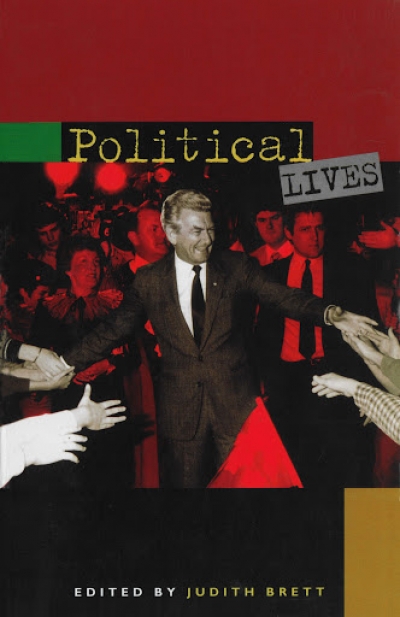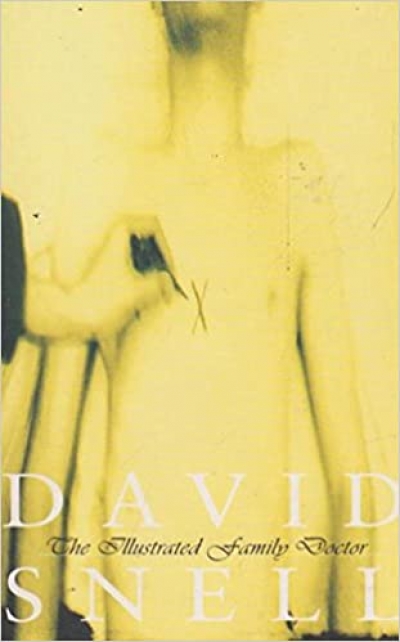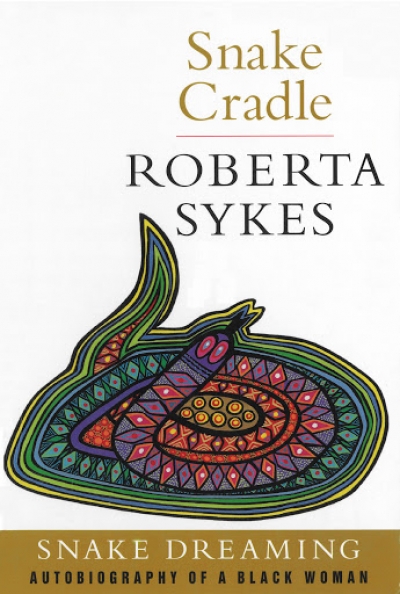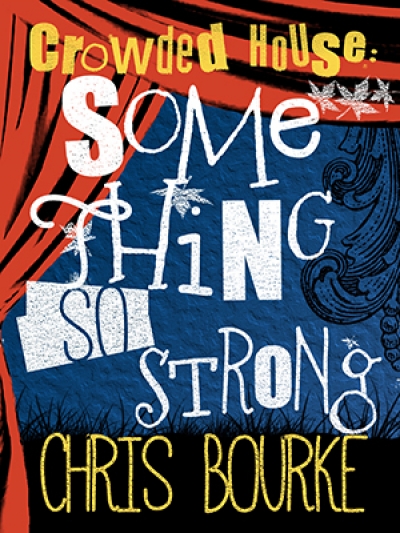Archive
Secrets by Drusilla Modjeska, Amanda Lohrey and Robert Dessaix
The Australian literary scene has always been more depressing that it is lively, especially when critics and writers are quick to display their battle scars in public places where oftentimes the debate hardly rises above fawning or fighting. The walking wounded are encouraged to endure. This is about the only encouragement extant. I remember the Simpson episode, not O.J. but Bart, who arrived in Australia for a kick up the bum. Perhaps the emulation of Britain has reached such an unconscious proportion that no ground can be explored beyond the grid bounded by Grub Street and Fleet Street, where youngsters need to be caned for reasons more prurient than wise, and where small ponds become the breeding pools for goldfish pretending to be piranhas dishing up more of the same stew. Thus, British writing, apart from its internationalists, hath come to this sad pass. Or where, given the brashness of being itself a young nation unused to finesse, Australia’s grand ideals end up as populist opinion – a talkback republic of letters irrelevant to its real enemies.
... (read more)









